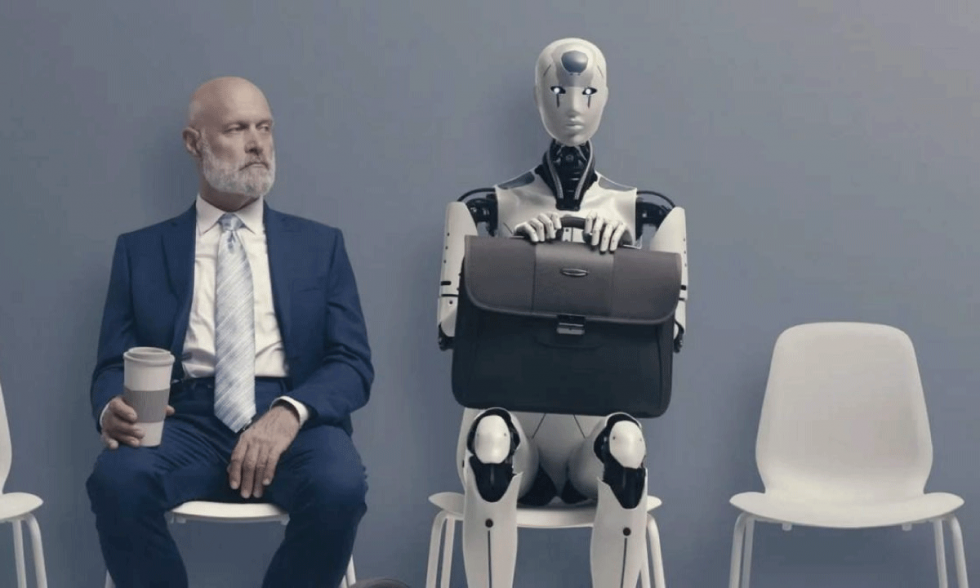GameStop Adopts Bitcoin as Treasury Reserve Asset
GameStop, the well-known video game retailer, has officially announced the adoption of Bitcoin as part of its treasury reserve strategy. This move follows a growing trend among corporations seeking alternative assets to hedge against inflation and diversify their financial holdings.
The decision comes after Matt Cole, CEO of Strive Asset Management, recommended that GameStop allocate a portion of its cash reserves to Bitcoin. Cole emphasized that Bitcoin serves as a safeguard against currency devaluation while also positioning the company at the forefront of financial innovation.
Ryan Cohen, GameStop's chairman, confirmed the company’s consideration of Bitcoin in a recent statement. While the exact amount of Bitcoin to be allocated remains undisclosed, the decision highlights GameStop’s willingness to embrace emerging financial technologies and integrate digital assets into its long-term strategy.
GameStop Follows the Lead of Corporate Giants
By incorporating Bitcoin into its reserves, GameStop joins an expanding list of companies utilizing digital assets for treasury management. Industry leaders like MicroStrategy and Tesla have already allocated billions to Bitcoin, citing its potential as a store of value.
MicroStrategy, in particular, has been a vocal advocate of corporate Bitcoin adoption, demonstrating how strategic investments in the cryptocurrency can yield long-term financial benefits. Experts suggest that GameStop's move could enhance its appeal to investors who favor forward-thinking financial strategies.
Balancing Risks and Rewards
While Bitcoin presents opportunities for asset diversification and inflation protection, its volatility remains a significant concern. Price fluctuations can impact corporate balance sheets, making it a high-risk, high-reward investment. Despite this, long-term trends suggest Bitcoin has consistently gained value over the years, solidifying its reputation as a potential hedge against inflation.
GameStop has previously explored the digital asset space. In 2022, the company launched a crypto wallet and an NFT marketplace, though the latter was shut down due to regulatory uncertainty. The decision to add Bitcoin to its reserves marks a renewed commitment to digital finance, signaling confidence in blockchain-based assets.
Market Reactions and Future Prospects
Following the announcement, investor interest in GameStop surged, with speculation about how this move could impact the company’s stock performance. Given its history of market volatility—fueled by retail investor enthusiasm—GameStop’s Bitcoin strategy could serve as a stabilizing factor for its financial outlook.
As corporate Bitcoin adoption continues to grow, GameStop’s decision could encourage other companies to reconsider their treasury management strategies. With financial markets evolving and cryptocurrency gaining institutional traction, this move positions GameStop within a broader wave of corporate digital asset integration.
The future will reveal how this strategy unfolds for GameStop, but for now, its decision to embrace Bitcoin underscores the growing role of cryptocurrencies in modern corporate finance.
Source: CNBC
Related Articles

ChatGPT’s strategic prompts are reshaping entrepreneurial education by enabling the creation of automated, high-revenue business models without traditional employee structures. This trend highlights the growing role of AI as both an instructional and operational tool for founders and business learners.
Todos los derechos reservados



Comentarios